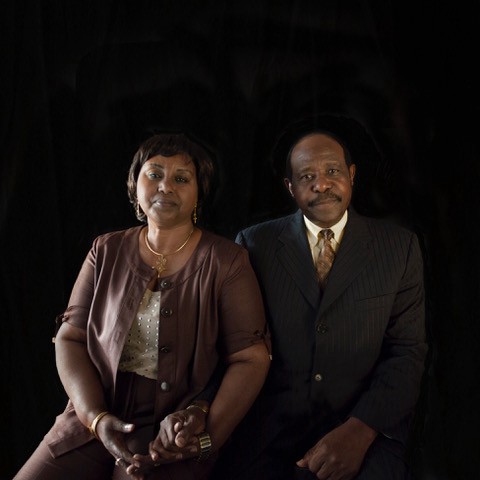Political activist Paul Rusesabagina, also known as the “Hotel Rwanda” hero, has been released from prison in Kigali after serving just two years of his 25-year sentence. His family’s civil lawsuit against the Rwandan government for his abduction and torture, along with the $400 million civil suit they filed against President Kagame, his former Justice Minister, and the heads of national intelligence, has also been suspended.
Although Qatar was thanked for its involvement in the release, the United States played a crucial role in negotiations, with Rusesabagina’s family receiving support from the White House, Congress, and the Office of the Special Presidential Envoy for Hostage Affairs.
Rusesabagina was tried and saw his case go to appeal, with a series of bipartisan letters from Capitol Hill calling for his release. The letters highlighted the fact that Rusesabagina’s detention risked souring the long-term relationship between Rwanda and the United States since the 1994 genocide.
Rwanda’s official designation as a country that wrongfully detains US subjects, grouping it with North Korea, Iran, and Syria, was also going to undermine the country’s reputation as a business-friendly, development-oriented state. This designation may have led to the Senate Committee on Foreign Relations, which holds the purse strings on foreign aid, sitting on the disbursement of $90 million in development and security assistance.
A breakthrough in negotiations came when family members indicated that Rusesabagina would be willing to write a letter to the President asking for a pardon, a customary step in Rwanda. The letter’s precise wording was then negotiated between the family, White House National Security Advisor Jake Sullivan, and Kigali, with support from a congressional official who twice visited Rusesabagina in prison.
In the letter, Rusesabagina voiced regret for not taking more care to ensure members of the Mouvement Rwandais pour le Changement Démocratique (MRCD) coalition, which he once led, refrained from violent acts, while expressing his principled abhorrence of violence.
Rwanda’s stipulations were conveyed by Mauro De Lorenzo, an American who has taken Rwandan citizenship and now works as Kagame’s advisor. The release of Rusesabagina allows the US government to lift its wrongful detention designation, which will help Rwanda’s reputation as a business-friendly and development-oriented state.
Although Rusesabagina’s terrorism sentence has been commuted, he will not officially be hailed as a returning hero when he flies to San Antonio, Texas, for a checkup at the US military facility that processes released hostages. Rwandan officials stress that his terrorism sentence has not been rescinded.
While the Rwandan government hopes for a quiet Rusesabagina, US officials hint that the activist may return to activism once back in the US. The US did not officially recognize the 1994 genocide as the “genocide against the Tutsis,” a designation preferred by Kigali but criticized by opponents of President Kagame’s administration. The US may use this designation as a gesture of goodwill in a personal capacity at the genocide’s 29th annual commemoration in Kigali in April. However, official US nomenclature will not change.































































